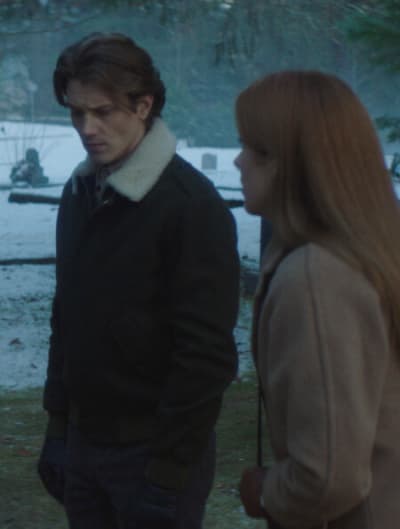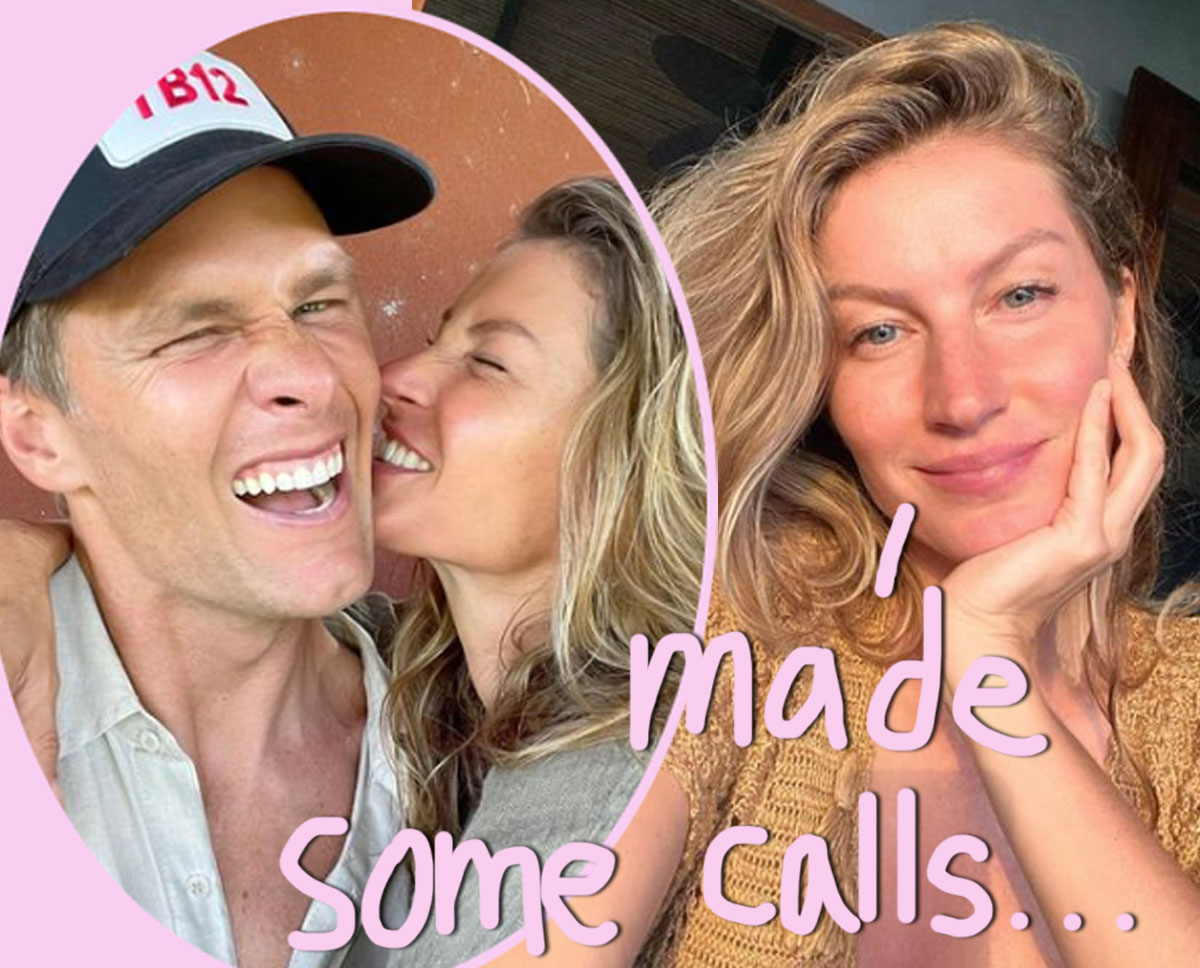Before Jimmy Buffett appeared on Billboard’s charts, he was writing about other artists who did.
Buffett, who died Friday (Sept. 1) at age 76, worked as a Nashville reporter for Billboard from 1969 to 1970. He quit when his first album, Debut to Earth, was released because he was told that continuing, would be a conflict of interest.
Among the concerts he reviewed was Isaac Hayes at Nashville’s Municipal Auditorium, writing, “The Hot Buttered Soul Man combined his songs and his keyboard work on both organ and piano with a full and powerful voice range that created a style [that] was truly his own.”
In 2021, Buffett revisited his time as a reporter, telling Billboard during an interview that as a burgeoning artist, he couldn’t bring himself to write anything negative about a fellow performer.
“I can never give anybody a bad review because I knew how hard it was to get up there,” he said. “Now, there has to be something toxic that [a review] says, but I can never do it because I knew how hard it was. I know performers who are scared to death to get up there and still do it. And I go, “Why are you that scared to get up there?” I mean, you should be doing something else if you get scared to go up there. It’s one of the greatest joys you could ever have on planet earth to me.”
The best part of the job was the free music. Although unbylined, Buffett believed he reviewed Elton John’s 1970 album, Tumbleweed Connection, glowingly writing, “Although this is but his second LP, Elton John’s track record already speaks for itself and the album is sure to be one of the biggest of the new year.”
Talking to Billboard again in 2022, Buffett recalled the thrill of getting John’s album in the mail while writing for the magazine. “People were sending me free albums because I was the reporter for Billboard, and that album came in a stack of records from I think it was MCA,” he said. “When I got [to Billboard], my editor told me, ‘Just let them know you’re a Billboard reporter and give them your address and they’ll give you records so hopefully you review them or you’ll say something about them.’ So I went ‘free albums? No sh—!’”
He also wrote of his time at Billboard in his 1998 autobiography, A Pirate Looks at Fifty, calling it “the only real job I would have in my adult life.”
From the first day, he was wined and dined as he traveled with his boss, Bill Williams. “In twenty-four hours, I had gone from just another nobody songwriter who couldn’t get his foot into a music publisher’s door to the assistant Southern Editor of Billboard,” he wrote. “Hell, people took me to lunch. I had business cards. I flew to New York for editorial meetings. I had an expense account. I had a WATTS line at work on which I called all my friends after working hours, and I got free albums from the record companies. Not bad for a real job.”
Buffett even managed to break some news, including bluegrass titans’ Lester Flatt and Earl Scruggs’ split.
After switching from covering country music to pop, Buffett interviewed Otis Redding and James Brown, reviewed Led Zeppelin at the Palladium, and learned a little about the importance of taking care of business. “What I mainly saw were a lot of wonderfully talented artists and writers who let somebody else worry about ‘all that stuff,’ and I saw the trouble it got them into,” he wrote in the book.
Billboard threw Buffett a going away party when his album came out, gifting him a guitar case. Even though that chapter of his life was over, it’s clear his time at Billboard remained a treasured memory and set him on his way: “One of the true joys of my later success was going back and sharing it with Bill,” he wrote in the autobiography. “He was as proud as a parent when I finally broke out.”


























































![Mason Ramsey – Twang [Official Music Video] Mason Ramsey – Twang [Official Music Video]](https://i.ytimg.com/vi/xwe8F_AhLY0/maxresdefault.jpg)




















